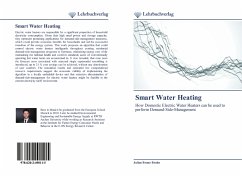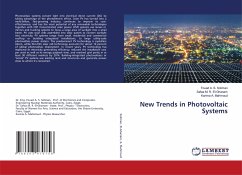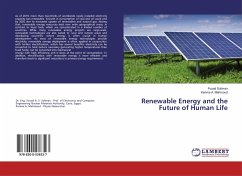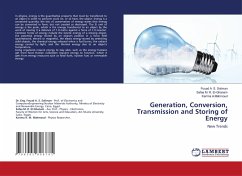Electric water heaters are responsible for a significant proportion of household electricity consumption. Given their high rated power and storage capacity, they represent promising applications for demand-side-management measures, which could provide economic benefits for households and aid the successful transition of the energy system. This work proposes an algorithm that could control electric water heaters intelligently throughout existing residential demand-side-management programs in Germany, minimizing energy cost while maintaining the habitual health and comfort standards users of conventionally operating hot water tanks are accustomed to. It was revealed, that even once the forecast error associated with seasonal single exponential smoothing is introduced, up to 21 % cost savings can be achieved, without any deterioration of user comfort. The simulation results and estimated low computational resource requirements suggest the economic viability of implementing the algorithm in a locally embedded device and that extensive dissemination of demand-side-management for electric water heaters might be feasible in the current electricity tariff environment.
Bitte wählen Sie Ihr Anliegen aus.
Rechnungen
Retourenschein anfordern
Bestellstatus
Storno








